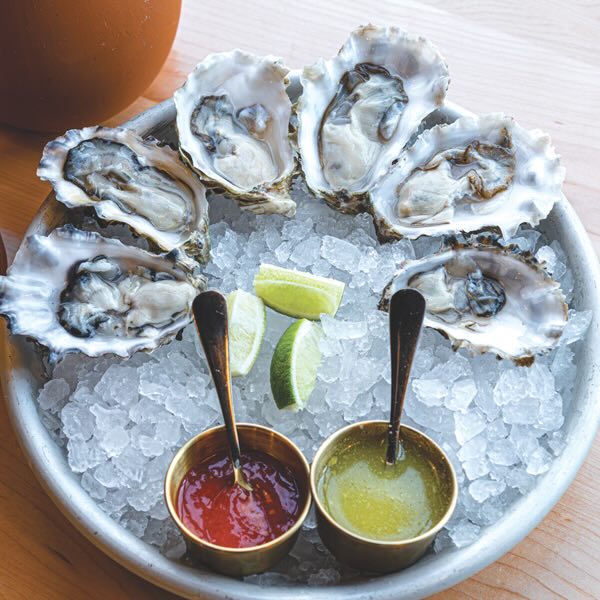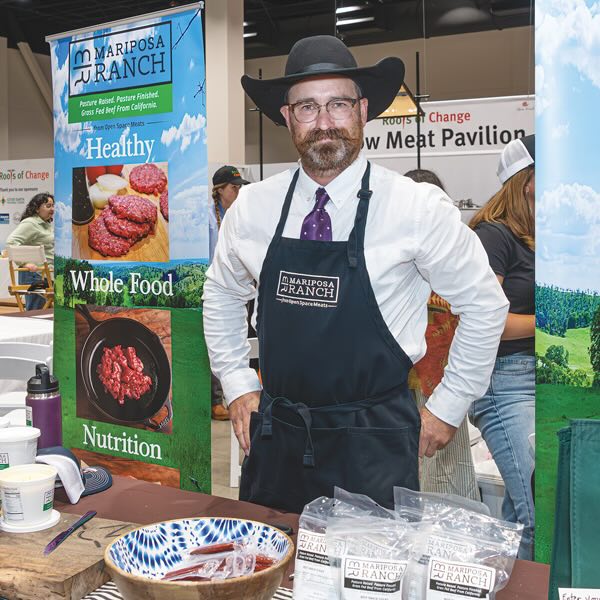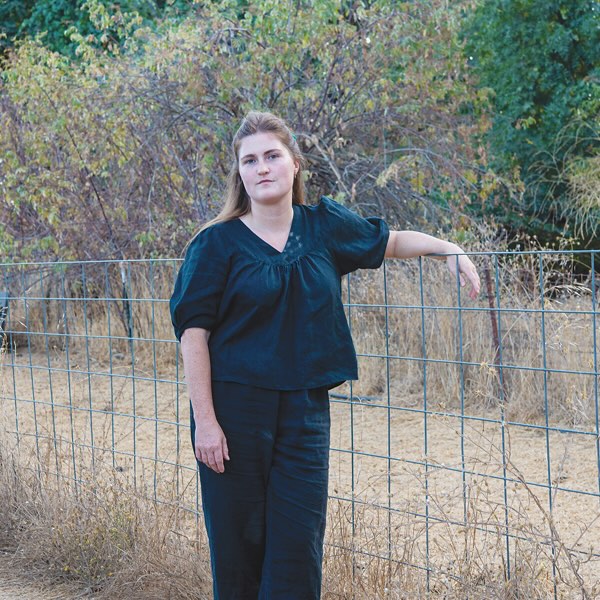
Jan 28, 2026
At Omakase Por Favor, chef and owner Jeana Marie Pecha and crew offer a Japanese inspired take on coastal Mexican cuisine fueled by local purveyors.
In Japanese, omakase means, “I leave it up to you.” In other words, trust the chef.
Pecha grew up in Roseville. A formative experience was a trip to Manzanillo, Mexico, to study with Chef Freddy Ahlert.

Dec 28, 2025
Liz and Markus Bokisch created a bucolic, organic and sustainable wine oasis where Spanish roots shine in vine after vine.
Burgundy and amber grapevines tangle against each other. Liz and Markus exchange stories of their years working the land in California and Spain.
Bokisch Vineyards and tasting room in Clements Hills east of Lodi showcase the Spanish varieties Markus helped introduce to the U.S. in the 1990s. He grew up in La Jolla, but his mom is from La Rapita, a fishing village on Spain’s Catalan coast.

Nov 28, 2025
Sacramento’s glide path to all-star status in the food world gained momentum when the Terra Madre Americas conference took over SAFE Credit Union Convention Center and surrounding Downtown streets for three days in September.
Food was the focus for thousands of ranchers, farmers, vintners, distillers, chefs and community members, all sharing ideas for more environmentally responsible, productive and sustainable ways to grow and consume food.
Booths featured all things food, including olive oil, cheese, wine and spirits, ranching, fruit production, restaurants and policy experts. Renowned chefs Alice Waters, Ann Cooper and Jeremiah Tower, along with local grocery stars Darrell Corti and Danny Taylor, spoke at free public seminars.

Oct 28, 2025
When I moved to Sacramento, people called it a cow town.
Coming from back east, I had no idea what this meant. I imagined feedlots filled with cattle, their feet kicking up dust. But the city, lush with fruit trees and palms, ringed by farms, divided by two major rivers, has no cows.
After almost 12 years in Midtown, I still don’t know what cow town means, other than a reference to put down the city and tie it to its agricultural roots.

Sep 28, 2025
A productive ranch, like a sustaining farm, starts with dirt. At PT Ranch in Ione, the Taylor family practices regenerative agriculture, which restores and revitalizes the ecosystem by caring for the soil.
Emily Taylor’s father bought the ranch east of Elk Grove in the 1950s. After a career as an interior designer in San Francisco, Emily, husband Ned and daughter Molly took over the ranch. They changed the way PT Ranch operated.
Gone were chemicals and fertilizers. In their place came regenerative fields, ecologically balanced pastures to feed sheep, pigs, chickens and turkeys.

Aug 28, 2025
The first thing I do when visiting another city is head to the farmers market. From Rome, Paris and Lisbon to Costa Rica, Mexico and Panama, I compare fruits, vegetables, cheeses, wines, olive oils and flowers.
Believe me when I say the Sunday Certified Farmers Market at Eighth and W streets stands tall among them all.
To learn more about this local treasure, I spoke with Dan Best, a Sunday market founder and manager. He explained the event “emanated from a regulation that allowed farmers to sell directly to consumers without packing, labeling and standardization requirements.”











